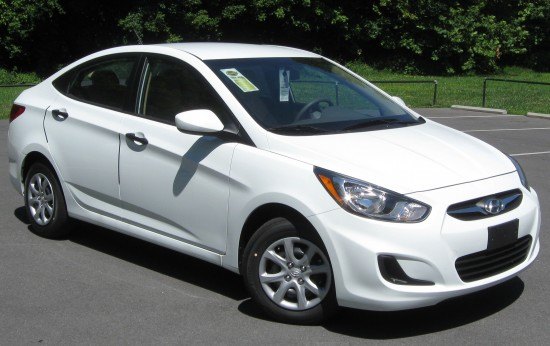Hyundai/Kia Fuel Economy Lawsuits In Motion, Compensation Could Total $100 Million
Well, we knew this one was inevitable. A compliant filed in Ohio court against Hyundai and Kia due to their overly optimistic fuel economy claims.
Automotive News outlined the nature of the complaint, which is seeking class-action status
The complaint, filed Sunday in U.S. District Court for the Southern District of Ohio, seeks attorney fees as well as unspecified damages for U.S. consumers who purchased or leased any of the eight Hyundai and five Kia nameplates cited in the suit.
The suit also asks the court to permit Ohio consumers who bought Hyundai or Kia vehicles with misstated mileage labels to back out of their purchase or lease agreements.
Meanwhile, The Detroit News is quoting Moody’s on the cost of the debacle, with the ratings agency throwing out nine-figure sums as the cost of making things right
Moody’s, one of the nation’s major ratings houses, said it estimates that Hyundai Motor — including Kia — “will incur additional annual costs of about $100 million until the affected models are largely scrapped, which is less than 1 percent of its adjusted” earnings.
More by Derek Kreindler


































Comments
Join the conversation
My 2007 Ford Focus has an EPA of 24/33. What do I average? About 23 in town and 36 on the highway. If your cars' manufacturer lied to you, sue them. I, however, love my Focus!
Maybe the H/K engineers and executives will serve time alongside the Italian scientists who didn't predict the deadly earthquake. I don't see how MPG estimates can receive such scrutiny when they are subject to so many variables.
Just for grins, allow me to propose an alternative thought: does our government even need to be involved in measuring (or prescribing how to measure) the fuel economy of cars? If these standards had never been written, the likely outcome would be some independent groups (e.g. Consumer Reports and others) developing and publishing their own tests. Consumers could access those results (which would likely be far more reliable given real testing instead of calculations) and purchase as they see fit. Maybe I'm out of the norm, but I simply don't pay attention to the MPG figures when I'm looking at a car. Like others who responded above, I assume they're a general guide and understand that my mileage will vary because driving conditions vary. I think this is something our government could simply stop doing and the "market" would pick up the slack with likely better results.
I hope this serves as a lesson to other car makers not to try to fool car shoppers, this ain't the 80's anymore.